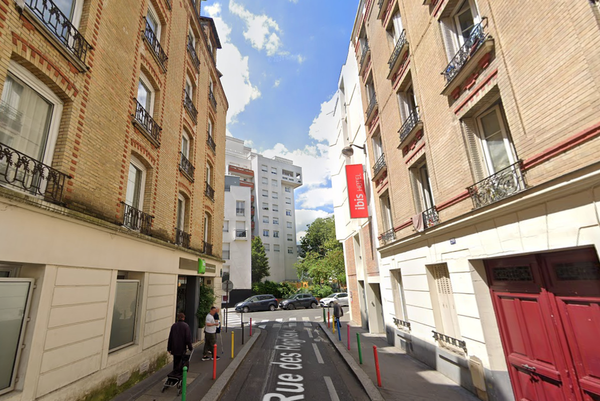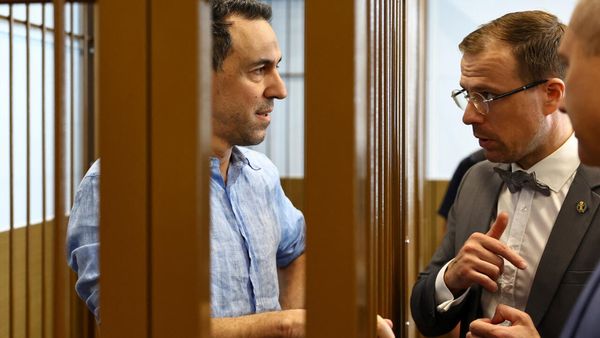
The Portuguese government has announced draft legislation that would restrict tobacco sales and ban smoking in covered outdoor terraces and near schools, hospitals and sports venues in an attempt to create a smoke-free generation by 2040.
The health minister, Manuel Pizarro, said the proposals were intended to tackle tobacco use and not to punish smokers or business owners. “This is a bill that takes firm steps towards promoting health and protecting people from exposure to tobacco smoke,” he said on Thursday.
If the proposals are approved by parliament, smoking outside bars, restaurants and cafes – and next to public buildings such as hospitals, schools, universities and sports venues – will be banned from 23 October.
“We propose extending the ban on smoking outdoors within the perimeter of public access or collective use areas – above all in spaces where the most vulnerable people are present,” Pizarro said.
The law would also ban the sale of tobacco products in bars, cafes, restaurants and petrol stations from 2025, meaning such products could be bought only from licensed tobacconists, airport shops or from vending machines that would have to be at least 300 metres from schools and other educational facilities.
It would also prohibit the sale of flavoured heated tobacco products and reduce young people’s exposure to tobacco products and electronic cigarettes by limiting access and reducing “advertising, promotion and sponsorship, to discourage experimentation, consumption and dependence”.
The creation of new smoking areas would be banned from October next year, but bars, clubs and restaurants that already have permission for such areas would be allowed to maintain the spaces until 2030.
The minister defended the “balanced” move to crack down on tobacco use in bars and restaurants, saying the hospitality sector had not suffered economic damage since the introduction of the 2007 law that restricted smoking in enclosed public areas.
Portugal’s Socialist government said the aim was to save thousands of lives each year by reducing incentives for tobacco consumption, and to bring about a tobacco-free generation by 2040.
According to government figures, two-thirds of deaths among smokers are due to tobacco consumption. There were about 13,500 deaths attributable to tobacco in 2019 in Portugal, whose population is just over 10.3 million.
The Provar restaurant association said the measures would deprive struggling small businesses of a source of revenue, while the national association of fuel retailers, which operates petrol stations, called the plan unfair and disproportionate.
Reuters contributed to this report







